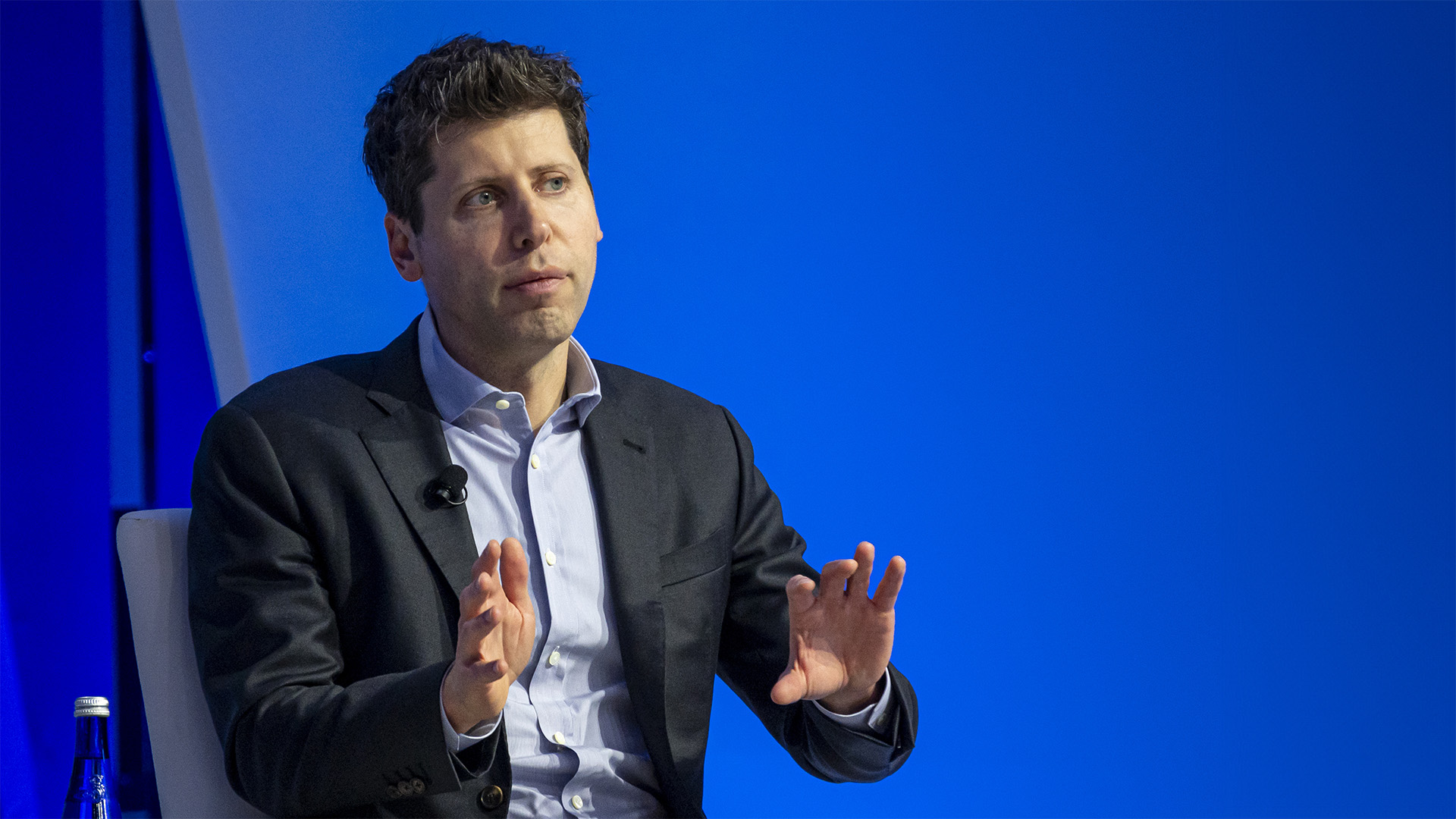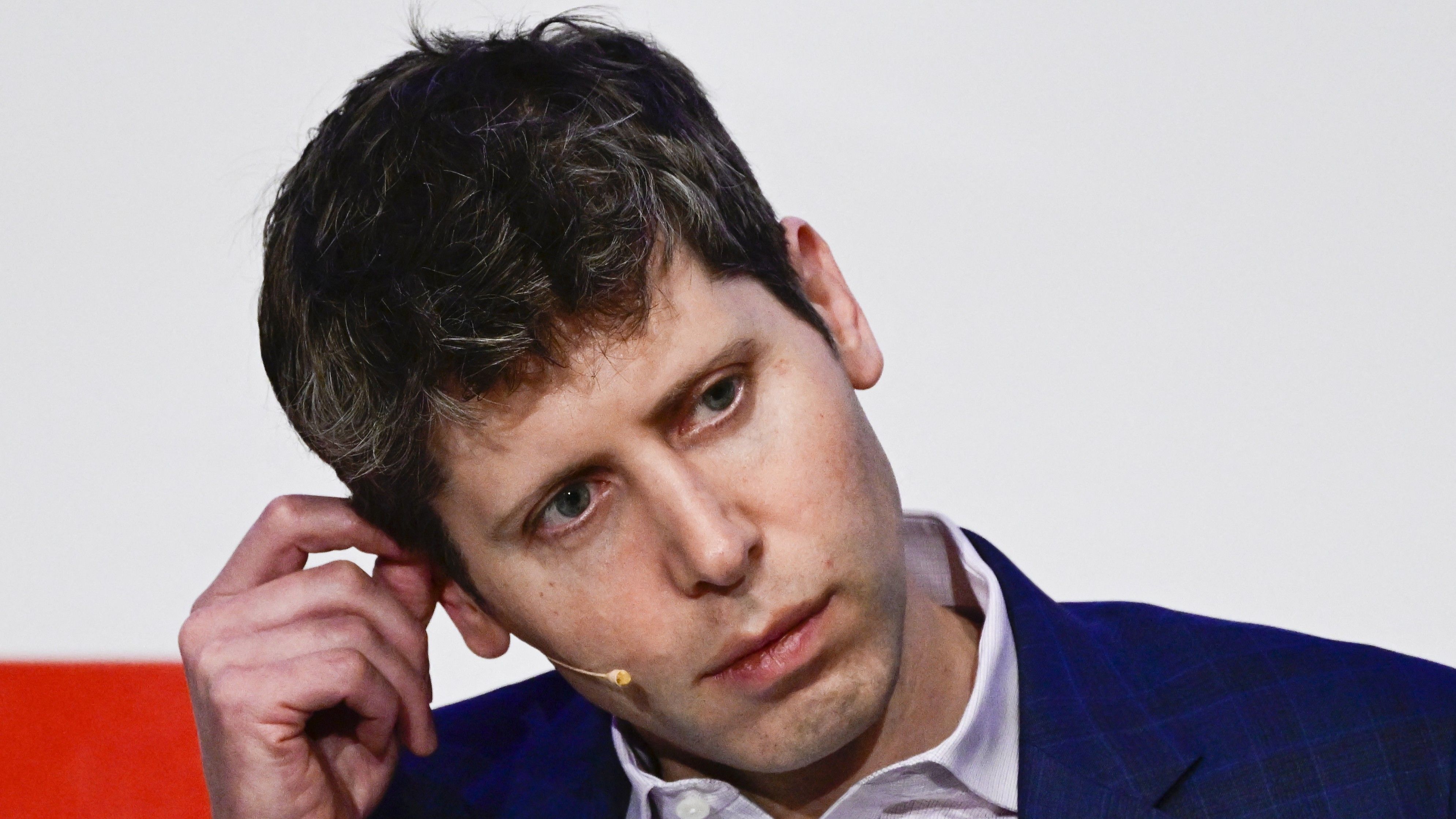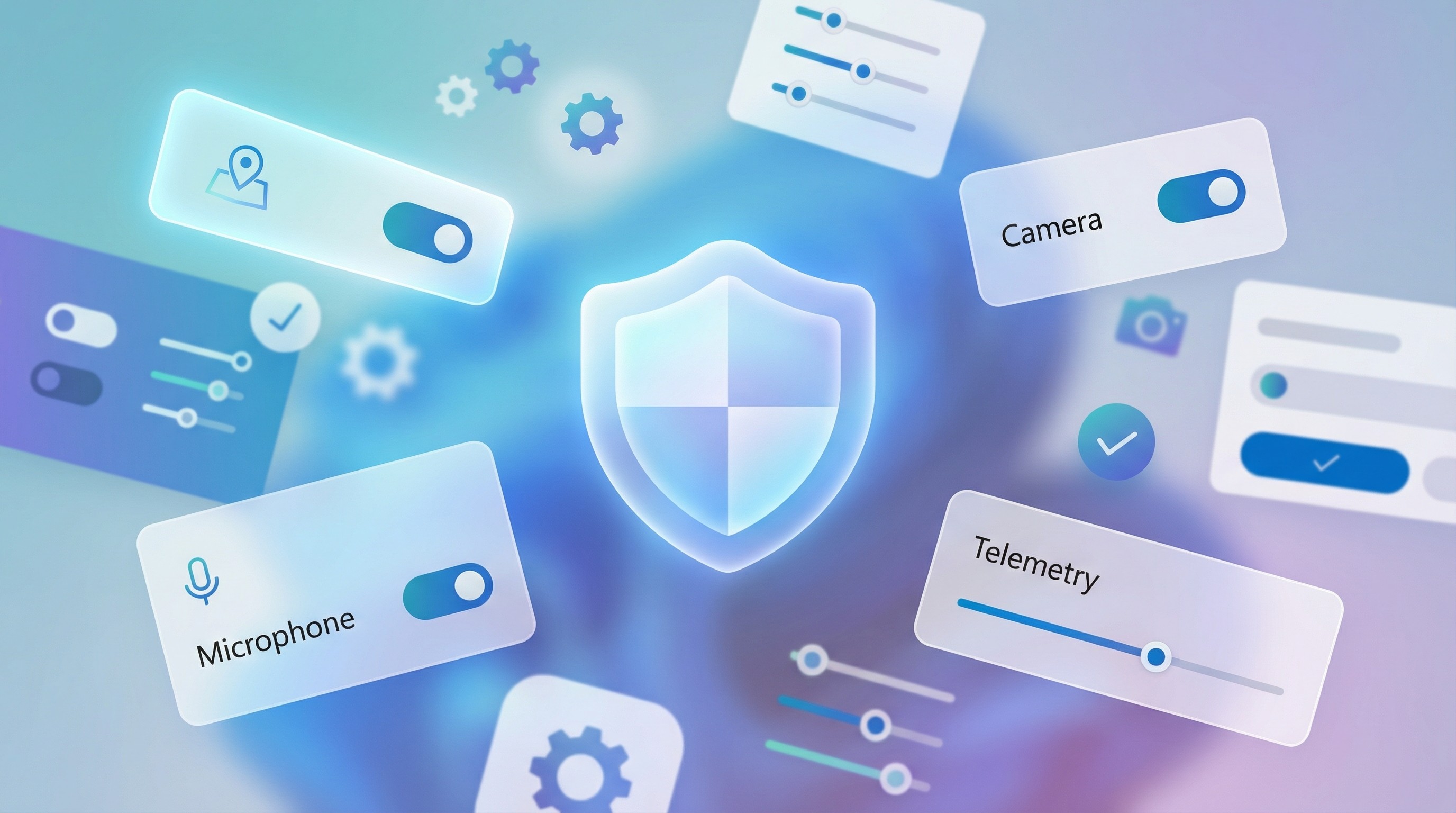OpenAI’s Sam Altman: GPT-5 fails to meet AGI standards amid Microsoft’s fading partnership — “it’s still missing something”
Sam Altman's words echo in the tech realm: GPT-5 isn't the breakthrough many hoped for. The dream of AGI continues to elude us due to its inability to continually learn.

All the latest news, reviews, and guides for Windows and Xbox diehards.
You are now subscribed
Your newsletter sign-up was successful
First of all, what is AGI (Artificial General Intelligence)? It's simply a type of AI system that surpasses human cognitive capabilities. However, the term has seemingly turned into a buzzword with a different definition every time an executive in the tech landscape makes a comment on the trajectory of AI.
AGI seems like the ultimate goal for every major tech firm chasing the AI bubble. But as we've quickly discovered, the tech firms require vast resources to achieve the coveted benchmark, including an exorbitant amount for cooling water, GPUs, AI talent, and money.
Your guess is as good as mine when it comes to pointing out a potential winner in the AGI race. Still, OpenAI, Google, and Anthropic are making significant headway on this front.
I honestly thought OpenAI would declare AGI when it launched GPT-5 last week. For close to a year, the advanced AI model had been touted as the smartest model ever compared to its predecessors, with OpenAI CEO referring to GPT-4 as mildly embarrassing at best (and even admitting that it "kind of sucks").
"GPT-4 is the dumbest model any of you will ever have to use again by a lot," added Sam Altman while promising with "a high degree of scientific certainty" that GPT-5 will be smarter than GPT-4. However, GPT-5 has fallen short of users' expectations, citing glitches, bugs, and unresponsiveness.
GPT-4 is the dumbest model any of you will ever have to use again by a lot. But it's important to ship early and often, and we believe in iterative deployment.
Sam Altman, OpenAI CEO
While Sam Altman attributed the highlighted issues to a broken GPT-5 auto switcher (which has since been fixed), the ChatGPT maker is still facing backlash from users, especially after its abrupt decision to deprecate GPT-5's predecessors.
OpenAI backtracked on the move but buried GPT-5's predecessors behind its $20 ChatGPT Plus paywall. Sam Altman recently indicated that users complaining about ChatGPT's supposed degraded user experience want the tool to be a "yes man" because they never had anyone support them before.
All the latest news, reviews, and guides for Windows and Xbox diehards.
This news comes weeks after reports emerged that Microsoft's multi-billion-dollar partnership with OpenAI is fraying over the ChatGPT maker's for-profit evolution plans to mitigate outsider interference, hostile takeovers, and losing funding from investors.
OpenAI insiders claimed that "holding out is Microsoft's nuclear option," designed to protect its massive investment in the ChatGPT maker, but the software giant indicated that it was ready to walk away from the high-stakes negotiations and ride out the rest of its partnership through 2030.
The AI firm is reportedly ready to battle the issue in court, citing anticompetitive business behaviour. But perhaps more concerning, a separate report suggested that OpenAI could prematurely declare AGI via an AI coding agent that surpasses the capabilities of an advanced human programmer — severing its ties with Microsoft.
This prompted me to think that the hype and anticipation around GPT-5's launch, which lines up with claims of OpenAI prematurely declaring AGI, would itself constitute AGI. If this were the case, Microsoft would have lost access to OpenAI's tech stack and IP.
Sam Altman explains why GPT-5 isn't AGI
While GPT-5 has been touted as the smartest AI model ever, likened to an entire team of PhD-level experts, OpenAI CEO Sam Altman recently said that it doesn't quite meet the AGI threshold (via Business Insider).
Speaking to multiple reporters at a press conference prior to GPT-5's launch, Altman indicated:
"This is clearly a model that is generally intelligent, although I think in the way that most of us define AGI, we're still missing something quite important, or many things quite important."
The executive attributed his sentiments to the advanced model's ability to learn on its own. In hindsight, looking at models like GPT-3, Sam Altman believes that GPT-5 is "a significant fraction of the way to something very AGI-like."
One big one is, you know, this is not a model that continuously learns as it's deployed from the new things it finds, which is something that to me feels like AGI. But the level of intelligence here, the level of capability, it feels like a huge improvement.
OpenAI CEO, Sam Altman
This news comes after Sam Altman indicated that the tech world should stop arguing about AGI and shift focus to self-replication. Microsoft's CEO, Satya Nadella, seemingly shares the same school of thought but with a keen interest in delivering real-world impact using AI.
Interestingly, Google's DeepMind CEO Demis Hassabis claims that we're on the verge of achieving the coveted AGI benchmark. However, he warned that society isn't ready to handle all that it entails, and the prospects keep him up at night.

Kevin Okemwa is a seasoned tech journalist based in Nairobi, Kenya with lots of experience covering the latest trends and developments in the industry at Windows Central. With a passion for innovation and a keen eye for detail, he has written for leading publications such as OnMSFT, MakeUseOf, and Windows Report, providing insightful analysis and breaking news on everything revolving around the Microsoft ecosystem. While AFK and not busy following the ever-emerging trends in tech, you can find him exploring the world or listening to music.
You must confirm your public display name before commenting
Please logout and then login again, you will then be prompted to enter your display name.

